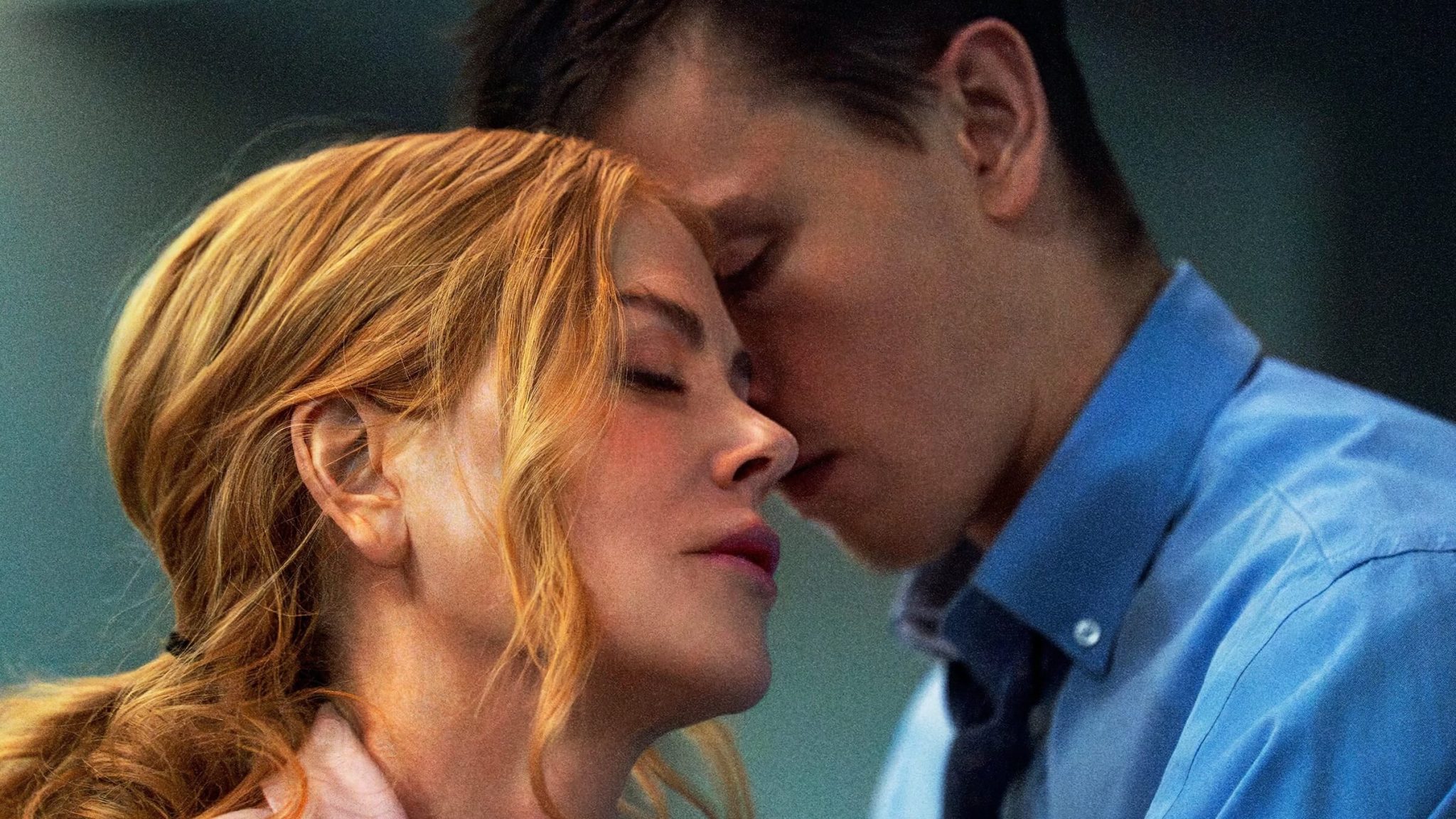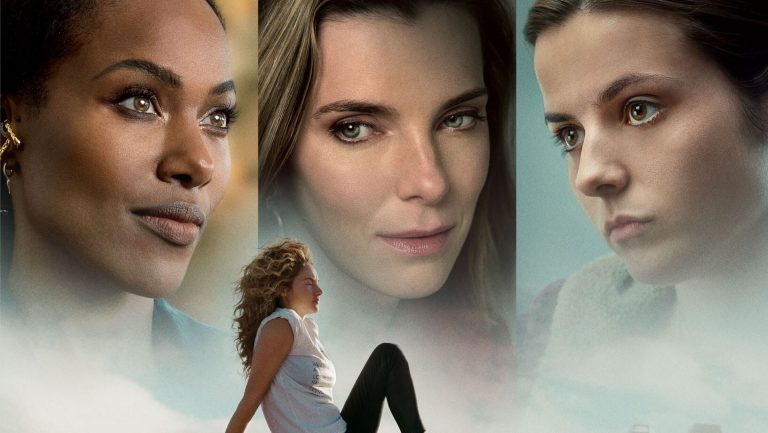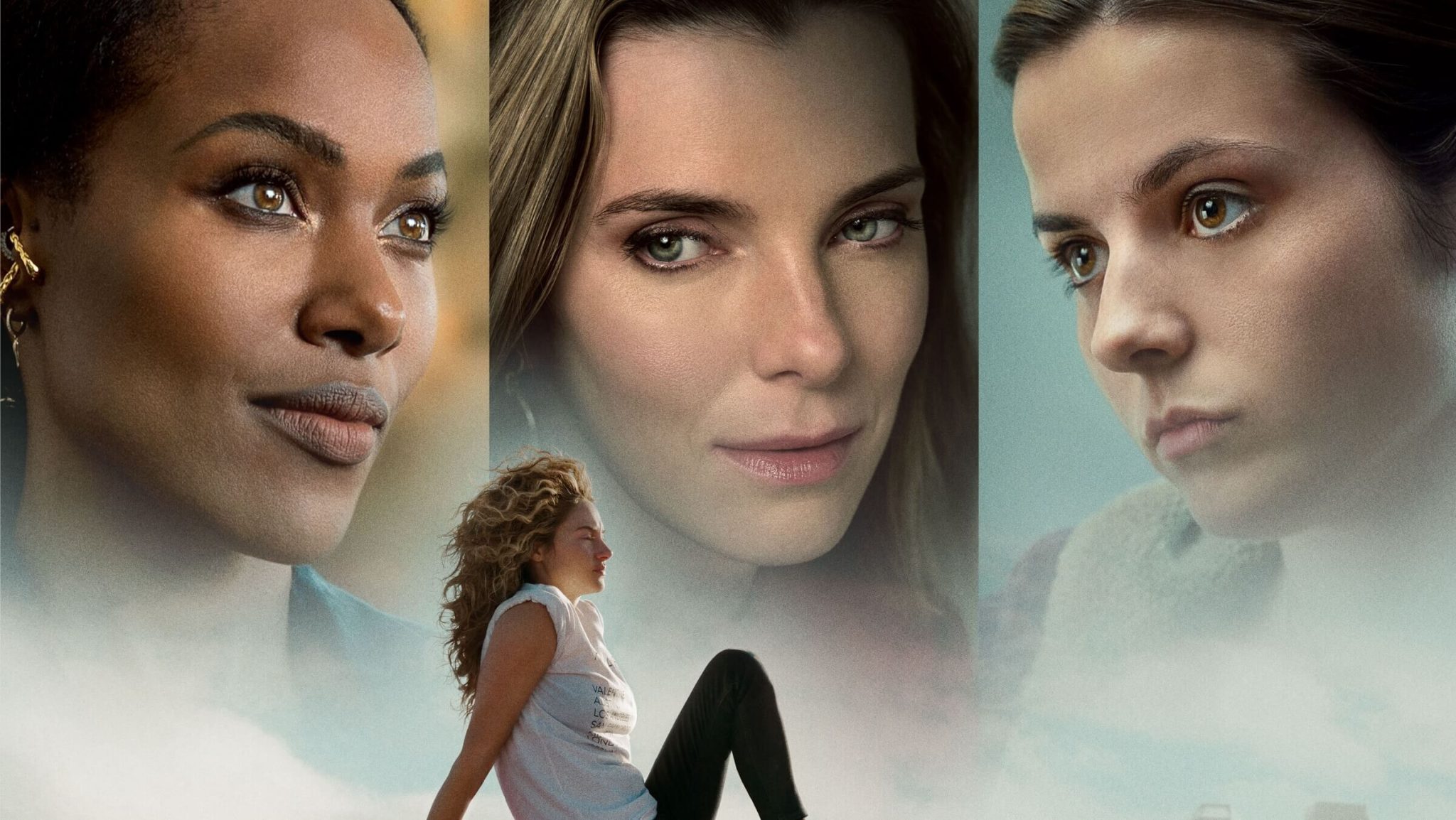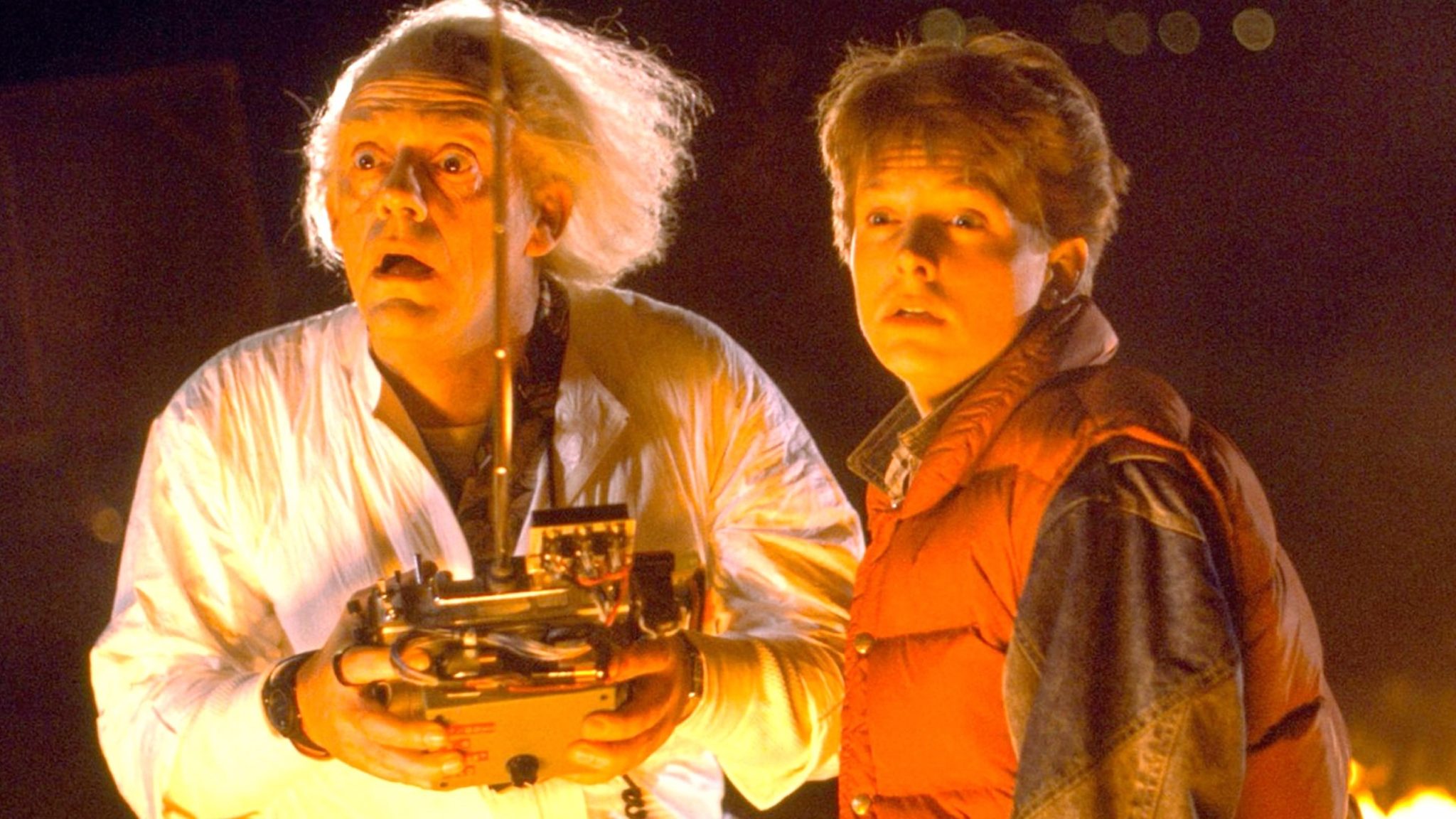How to Write a Complex Erotic Drama Like 'Babygirl'

If a creative team weren’t careful, a film about a tech CEO's steamy affair with a younger man could easily risk sliding into trite erotic thriller territory. But A24’s new release, Babygirl, is a fresh exploration of sex, power, and the exhaustion of always trying to live up to societal expectations.
The story follows Nicole Kidman's Romy, who juggles a robotics company, a marriage to Antonio Banderas, and an increasingly complicated dalliance with Harris Dickinson.
ScreenCraft recently spoke with writer-director Halina Reijn and Kidman about their thorny drama, and we discovered their collaboration offers practical wisdom for screenwriters. Enjoy the following insights, especially if you’re eager to tell daring stories.
How Babygirl Grounds Its Characters in Human Struggles
Reijn discussed her background as an actor, particularly in theater, and the roles she played in which women sought freedom but didn’t achieve their goals, or often met tragic ends.
How could she take that basic premise and give it a new spin?
“I always wanted to create my own stories about women looking for freedom, but then maybe also finding it and staying alive,” Reijn said. “So I think that is the very first seed of it. And later it was this question that I really struggled with as a woman—is it even possible to love all these different layers of our identity and not just the ones that we feel comfortable with to present to the outside world, but also the layers of myself that I'm more ashamed of?”
With that relatable spark, Reijn began writing.
Kidman, later in the conversation, said that something that drew her to the script was Reijn’s approach to complex characters and their timely, personal struggles.
“There was something that was so vibrant and new about it, which I loved. Because Helena's brilliant at dealing with what is happening right now,” Kidman said. She added that she liked the modern take on “generations colliding and teaching each other,” a key part of the film’s central relationship.
This was such an attractive idea that Kidman devoured the script in one sitting—something every screenwriter longs to hear from a reader.
Read More: Three Easy Ways to Write GOOD Exposition in Your Scripts
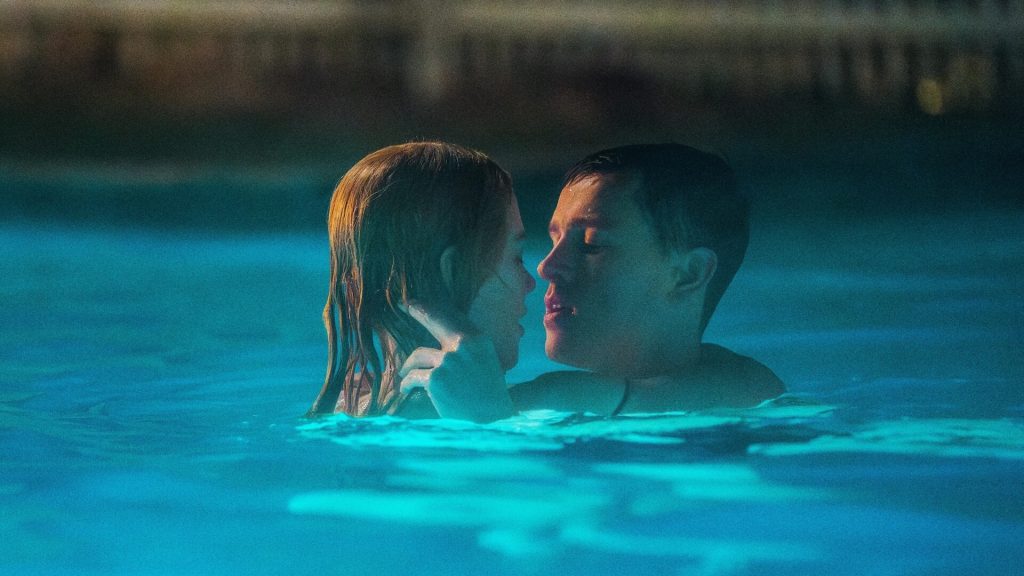
'Babygirl' (2024)
Trust Your Creative Instincts and Dive Into Research
Sitting down after your initial inspiration and finding a direction can be one of the most difficult aspects of a project. How do you get started, and how do you organize your ideas? Reijn said she jots down thoughts before taking a broader view of the plot.
“First I start freehand writing ideas right away, and then I do a one-pager and I go into treatments,” Reijn said. “And then whilst I go into treatment, I did a lot of research.”
For a lot of people, myself included, the research for a screenplay is where things can get really fun. This is where you’re taking in as much information as possible, and hopefully being open to new ideas that can add to your story or take it in an interesting direction.
Kidman’s character, Romy, works at a robotics company as CEO. This was not a world that Reijn knew inherently. There was also the BDSM aspect that required some digging.
“I just really wanted to be sure that I knew what I was talking about,” she said. “You can have feelings about things and have a lot of intuition about things, but when you're writing, of course, as the three of us know, you want to be very knowledgeable before you start. So yes, I did a lot of research in the process, but first I think it's super important to just stay with your intuition and your intention.”
With Babygirl being a corporate drama, as well, Reijn spoke to people to “learn the world,” as she called it.
“What is it to be a female CEO? Because we really wanted to also make sort of a comedy of manners about two generations, and there's now so much to do about leadership and how to lead and horizontal leadership or vertical leadership.”
Even if you don’t use all this research on the page, the knowledge with bleed through as you develop the world and characters more fully.
Read More: 7 Things to Remember While Researching Your Screenplay
How Babygirl Looks for Genre Expectations (and Subverts Them)
Tropes exist for a reason. They help audiences know what to expect in certain worlds or genres. But as writers, it can be really fun to use these tropes to surprise the audience, simply by turning them on their heads.
In Babygirl, walking the tightrope of an erotic thriller with a sense of humor relied on awareness of those tropes, Reijn said, so they could find the right tone.
"It was very clear that we wanted to play with cliches and these archetypes of the sexual thrillers of the ‘90s, but even also of all those classical female roles. And then we wanted to transform it into this female-driven story with its own specific tone.”
Sometimes, in these types of stories, the main character’s partner is so unlikable that the audience is led to think their infidelity is justified. That wasn’t the case for Babygirl, in which Banderas (a heartthrob of his own) plays Romy’s husband.
“Halina was like, I don't want a man that you're going, ‘Oh my God, leave him now, quick. He's a horror, run for the door,’” Kidman said. “You wanted someone that you go, ‘Why? You've got everything. What are you doing?’ I think that is very, very real.”
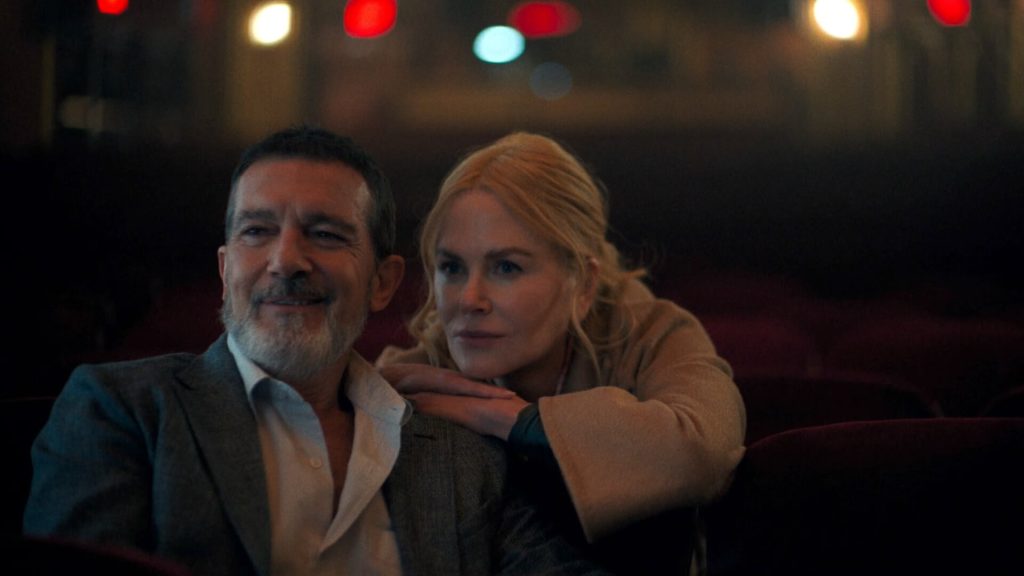
'Babygirl' (2024)
As a Writer, Start With a Personal Question
Giving advice to screenwriters, Reijn shared a tidbit that Paul Verhoeven told her.
“What really helps is, what is a question you have?” she said. “A very specific question you have that you do not know the answer to. And this is a question that scares you, that makes you nervous, but you’re really curious to know. And if you write that on a piece of paper. That will be your intention, and every time you're distracted by, ‘Oh, it's never going to work,’ or ‘Nobody wants me,’ or people are mean to you, you can always go back to your intention.”
That intention can guide you in opposite times too, she said—if your head’s getting a bit too big and you need grounding, think of where you started with that intention.
Kidman agreed and shared her own advice for adventurous storytelling.
“Stay curious, stay open, and be a seeker … seek things out. That’s when people talk about bravery,” she said. "It's not bravery, it's just curiosity and staying completely open. I always say I make teenage choices. Because I don't think of the consequences.”
Read More: What Is a Central Question? (And Why Is It Important for Your Script?)
Get actionable Drama Notes from a professional reader with real industry experience!
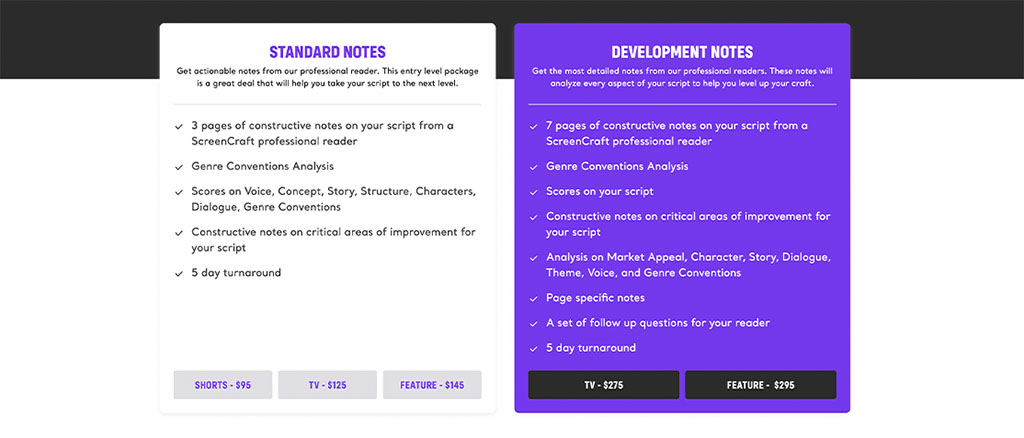
Get Our Screenwriting Newsletter!
Get weekly writing inspiration delivered to your inbox - including industry news, popular articles, and more!



